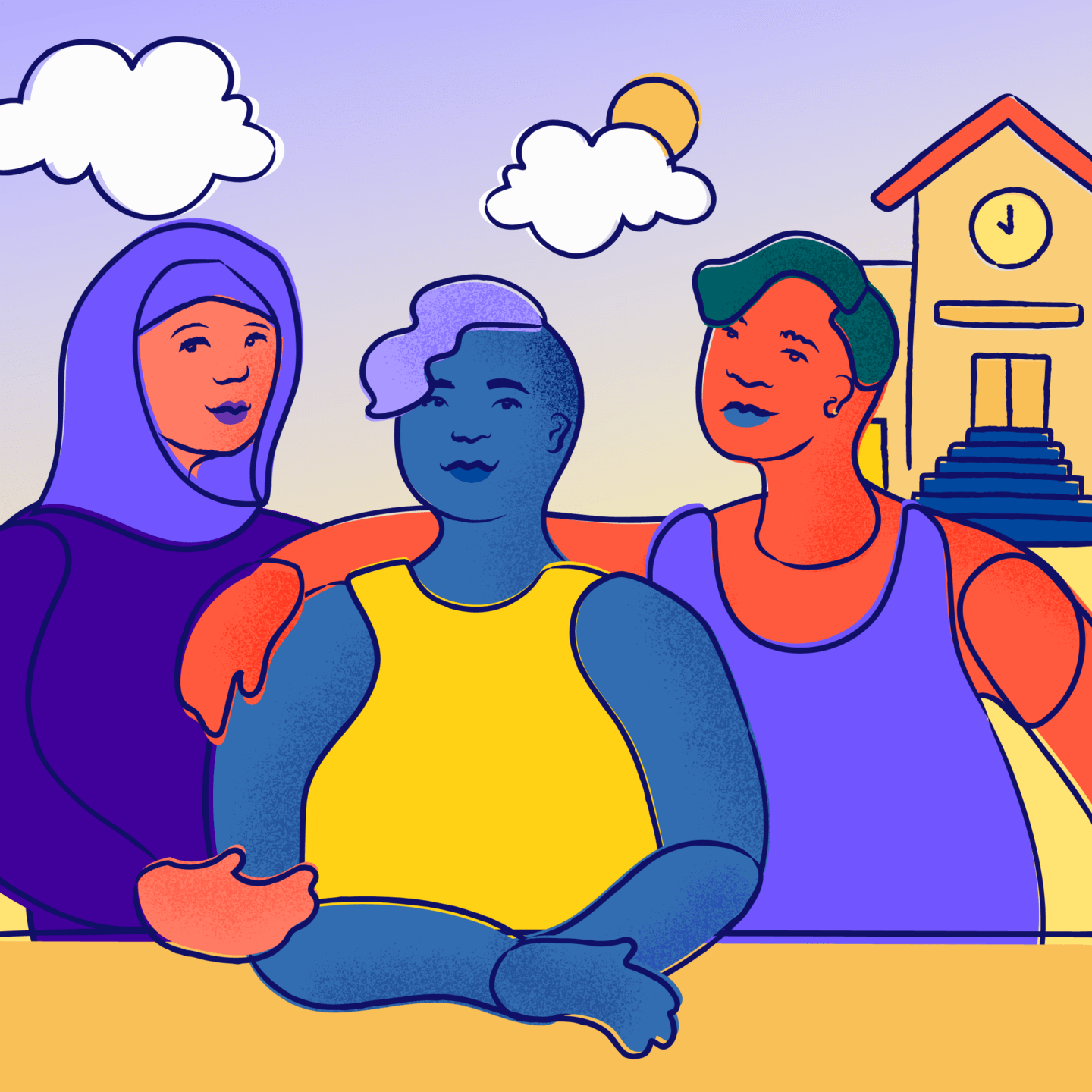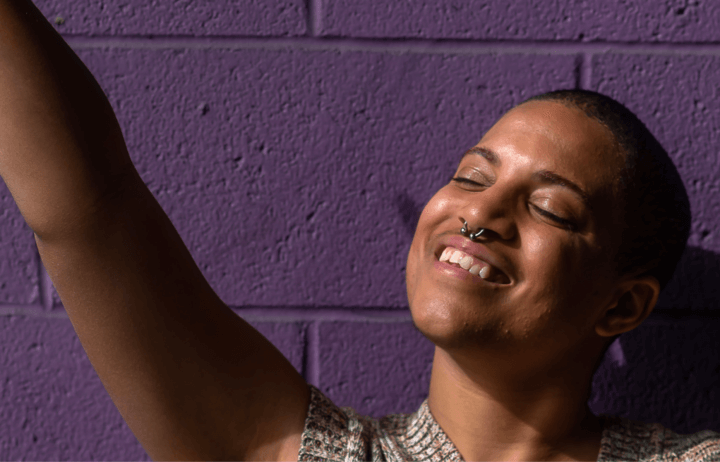Youth's Lives Every Day
It’s back to school season, and millions of young people across the country are returning for another academic year. Returning to school can bring up a multitude of feelings — excitement to see old friends and make new ones, anticipation of meeting new teachers, and even some nerves about more difficult course material. LGBTQ+ young people experience all of the same emotions when returning to school, but there’s often additional factors including anxiety, depression, and other adverse mental health outcomes depending on how supportive and affirming their family, community, and school environment is.
This past April, the U.S. Department of Education released the Final Rule under Title IX. The new rules represented a historic opportunity to advance explicit protections for LGBTQ+ young people against discrimination. The Trevor Project’s research has found that school policies play a significant role in LGBTQ+ young people’s mental health, with the presence of even one anti-LGBTQ+ policy being associated with higher rates of anxiety, depression, and past-year suicide attempts for young LGBTQ+ students. As such, the implementation of the new Title IX rule marked an important advancement in ensuring safer schools for LGBTQ+ young people nationwide.
While the rule went into effect on August 1, 2024, these updated protections for LGBTQ+ youth in every state were not an immediate reality. Lawsuits challenging the 2024 Rule have temporarily blocked the Rule from taking effect in 26 states and several individual schools across the country. Just last month, the 11th District Court of Appeals granted injunctive relief in the case State of Alabama, et al. v. U.S. Department of Education, et al., which reinstated the ban on the new Rule in Alabama, Florida, Georgia, and South Carolina.
This district ruling is particularly concerning given that LGBTQ+ youth in the South already report having increased past-year suicide attempts and less access to LGBTQ+ acceptance and affirming spaces when compared to other regions. Access to affirming spaces, including schools, is an essential component of reducing suicide risk among LGBTQ+ young people.
In creating a world where all LGBTQ+ young people are safe and affirmed, we know that legal protections such as Title IX are only the baseline for creating LGBTQ+ inclusive schools. To ensure every LGBTQ+ young person can bring their authentic self to school every day, it’s essential that school administrators and staff review their protocols and procedures to determine how they can best support students in their district. Resources such as The Trevor Project’s Affirming Schools Checklist and GLSEN can serve as a guide to support comprehensive policy updates and implementation.
Information on Title IX and how to file a complaint with the Department is available on the Department of Education’s website.


